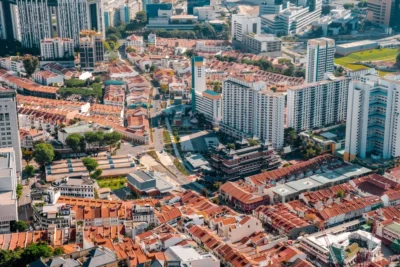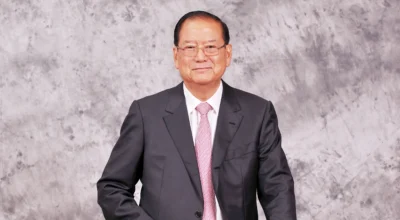Vietnam has a dearth of affordable housing: experts
Few incentives for developers to build low-cost

The supply of affordable apartments in Vietnam is not keeping abreast of high demand from low-income earners, lamented market observers via Vietnam Plus.
The Grade C apartment segment, referring to apartments priced under USD1,000 per square metre, has registered a sharp decline in supply since mid-2017, according to joint-stock property company DKRA Vietnam.
Grade A and B apartments, on the other hand, have been more “plentiful”, in comparison. These units fall in the pricing range of USD1,100 to USD3,000 per sqm.
Affordable apartments comprise the smallest proportion of available supply, compared with the mid-range and high-end segments, also noted Le Hoang Chau, chairperson of the HCM City Real Estate Association (HoREA).
“It’s very likely that affordable housing will not even exist in the near future unless the government takes action,” he warned.
Apartments of less than 60 square metres with prices of less than VND700 million (USD30,090) comprise only five percent of market supply, according to official figures.
More: Is there still a future in golf for Vietnam?
Vietnamese developers are finding fewer incentives to develop lower-cost housing, exacerbated by tightened access to credit, complicated bureaucratic procedures, and shortage of available land.
If building material prices or bank interest rates increase, the company’s bottomline could suffer, noted Nguyen Van Duc, deputy director of Dat Lanh Real Estate Company.
“Investing in low-cost housing has low profits, only about VND1-2 million per square metre,” he said.
Vietnam should formulate preferential policies in land, tax, interest rates, credit and mortgages that will benefit developers of affordable homes, experts said. The government should also encourage more variety in the sizes of apartments to be developed.
“The demand for affordable housing is huge in HCM City, and regulations on low-cost housing should be issued,” said Chau.
Recommended
Foreign demand recalibrates in Southeast Asia housing markets
Even amid global headwinds, Southeast Asia’s property markets hold appeal for foreign buyers
Tariffs and turmoil test Singapore homes as suburbs hold firm
Foreign levies, regional wars, and buyer fatigue are putting pressure on the city-state’s housing market
Gulf luxury markets lure global capital amid policy shift
Gulf nations are shaking off a reputation for overt bling to lead a post-pandemic luxury boom
China housing slump deepens as oversupply drags prices
Concerns remain over surplus inventory built by troubled property developers as prices continue to fall across all but a handful of major cities








